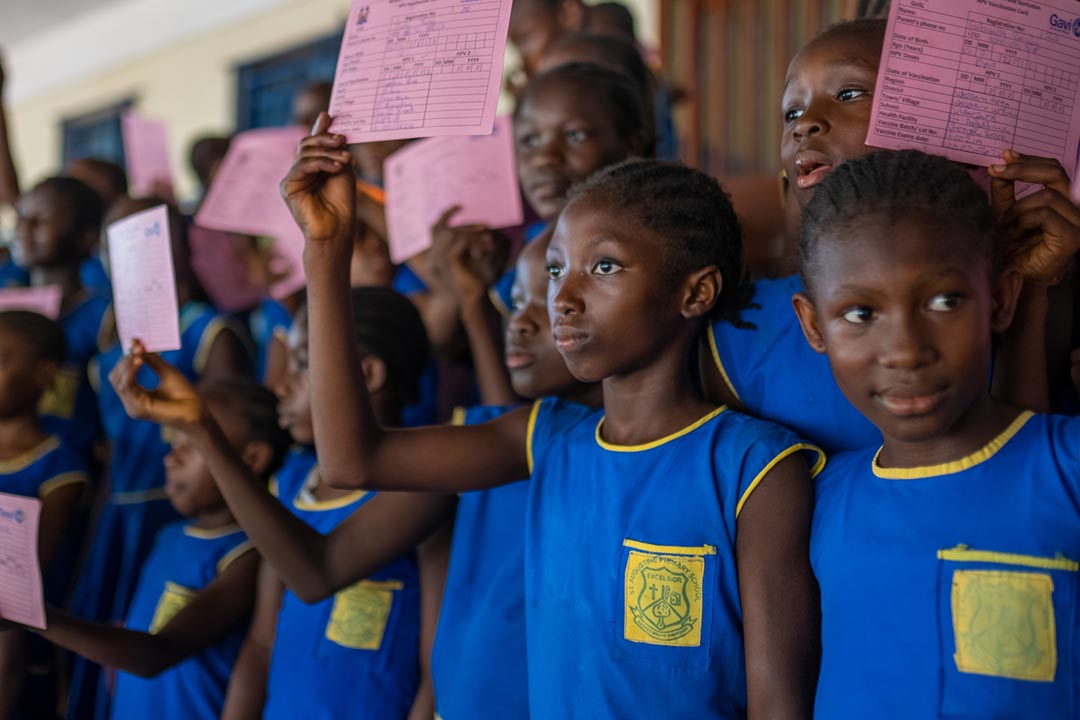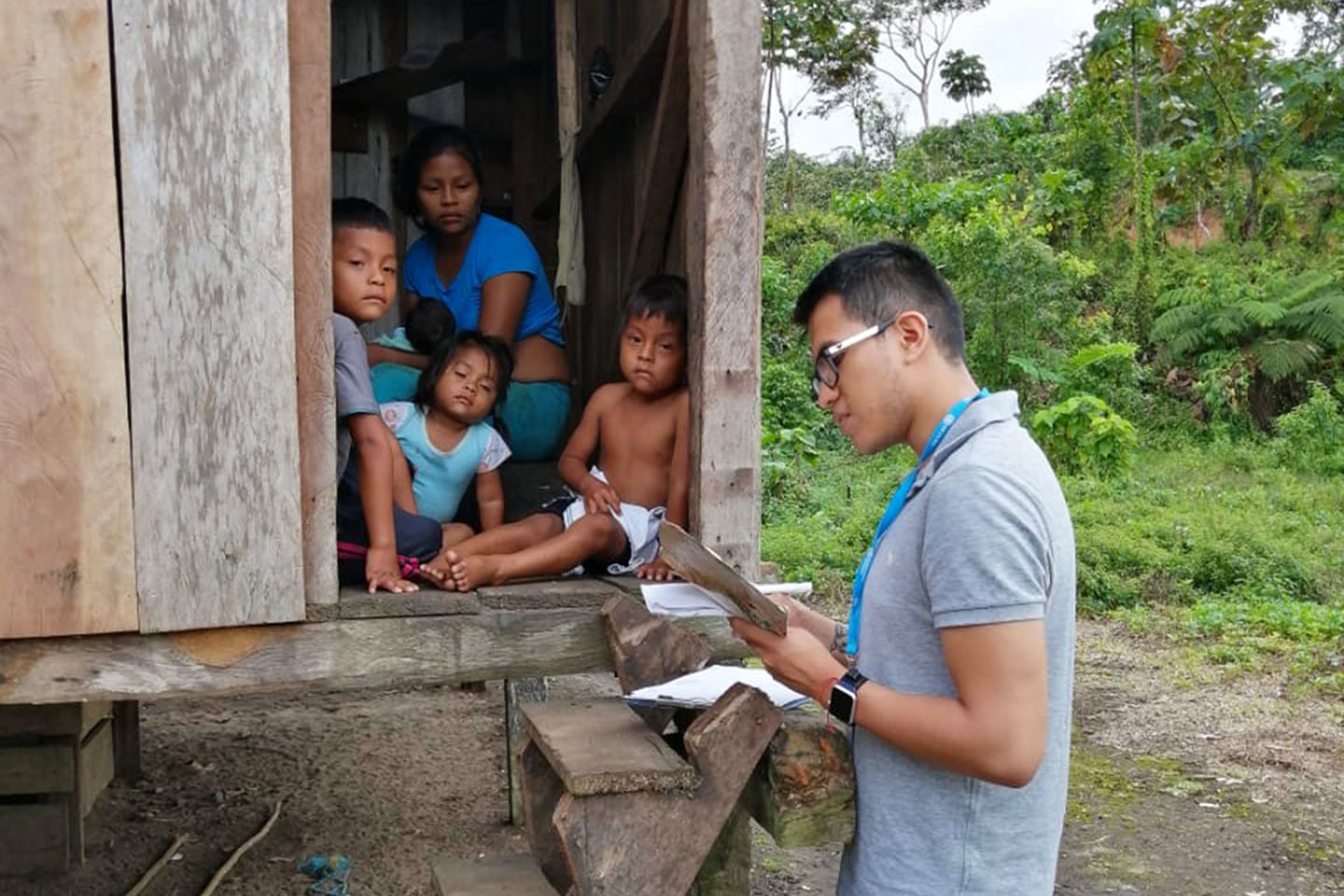There will be no recovery without equity
The impact of COVID-19 threatens to reverse hard-worn strides in global health. Without immediate investments, we will miss our chance to save lives and help countries recover from the pandemic and build the human capital needed for a resilient recovery.
- 4 May 2021
- 4 min read
- by Partnership for Maternal, Newborn and Child Health (PMNCH)

The COVID-19 pandemic continues to threaten decades of progress in health and social services for women, newborns, children and adolescents. The impacts of the virus have magnified and exposed dangerous vulnerabilities and inequities, including exacerbating gender nequity, deepening the rift between the rich and the poor, and placing the disabled, migrants and minorities at higher risk of social and economic fallouts. In addition to suffering from the direct impact of COVID-19, women, children and adolescents have and continue to suffer from disruptions to essential health, nutrition and social services, driving up the risk of mortality and morbidity and disempowerment. As a result of the associated global recession, they are also being pushed into poverty at an alarming rate.
Yet, despite the critical role of sex and gender in determining who can access services, the Global Health 50/50 report notes that more than 80% of all COVID-19 health-related activities implemented by assessed global health institutions have been gender-blind. Women, who make up 70% of the global health workforce and bear the largest share of infections among health workers, are underrepresented in national COVID-19 response leadership teams. Additionally, they have had to leave the health workforce in larger numbers than men to perform over two thirds of unpaid care work. Further, global calls on vaccine delivery highlight the need for equity in delivery between and within countries, particularly with a view to ensure that health workers in all countries are protected and can continue their efforts to curb the trajectory of the COVID-19 pandemic.
One year into the pandemic, the impact of COVID-19 threatens to turn back progress on the health and well-being of women, children and adolescents in many of the world’s poorest countries who have been hardest hit by disruptions in health services and inequities in the health system, as well as economic hardship. Without immediate investments, we will miss our chance to save lives, protect hard-earned progress and help countries recover from the pandemic and build the human capital needed for a resilient recovery.
Have you read?
The Lives in the Balance virtual summits, launched by PMNCH and the CORE Group in 2020, make visible the urgent needs of women, children and adolescents during COVID-19, and enable coordinated action by all partners to meet those needs, contributing to wider economic and social recovery and resilience.
Lives in the Balance: Equity in COVID-19 recovery
On 17-18 May, PMNCH, CORE Group, the Global Financing Facility for Women, Children and Adolescents (GFF), and Gavi, the Vaccine Alliance will co-host the third Lives in the Balance Summit: Equity in COVID-19 Recovery. The Summit will:
- Reflect on how well countries been able to implement equity enhancing strategies to protect the health and wellbeing of women, children and adolescents, particularly those with the least access to social, economic and political power;
- Share lessons, tools, and resources on why focusing on women, children and adolescents in national COVID-19 responses is key and how partners and governments are promoting equitable access to health services in the context of COVID-19, including by addressing social, economic and environmental determinants of health; strengthening community representation in health planning and governance, and by integrating equity-based analyses in frontline systems and health programming;
- Collaborate by identifying ways to promote equity and realize the PMNCH Call to Action on COVID-19 including aligning partners for common action around the 7 asks of the call to action and by making available equity enhancing tools for pandemic response and resilience;
- Act by demonstrating how countries are improving women’s, children’s and adolescents’ health in the context of COVID-19 response and recovery, including making commitments to the COVID-19 Call to Action.







